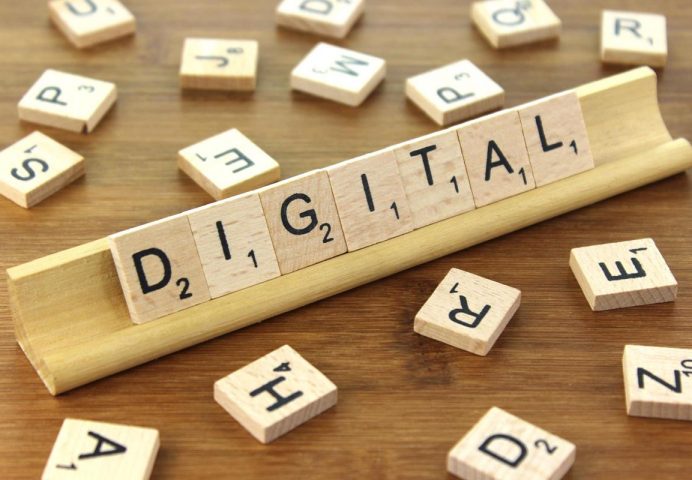Finance Bill and Making Tax Digital
Ministers confirm a new timetable for Making Tax Digital.
Three million of the smallest businesses and landlords will be able to move to the new digital system for keeping tax records at a pace that is right for them, Ministers announced today as they set out the next steps for the Finance Bill.
The government has listened to concerns raised by parliamentarians, in particular the Treasury Select Committee, businesses and professional bodies about the pace of change and is taking steps to ensure a smooth transition to a digital tax system.
Making Tax Digital will help bring the tax system into the 21st century by providing businesses with a modern, streamlined system to keep their tax records and provide information to HMRC. Roll out for Making Tax Digital has been amended to ensure businesses have plenty of time to adapt to the changes.
Mel Stride, Financial Secretary to the Treasury and Paymaster General said:
Businesses agree that digitising the tax system is the right direction of travel. However, many have been worried about the scope and pace of reforms.
We have listened very carefully to their concerns and are making changes so that we can bring the tax system into the digital age in a way that is right for all businesses.
Under the new timetable:
- only businesses with a turnover above the VAT threshold (currently £85,000) will have to keep digital records and only for VAT purposes
- they will only need to do so from 2019
- businesses will not be asked to keep digital records, or to update HMRCquarterly, for other taxes until at least 2020
Making Tax Digital will be available on a voluntary basis for the smallest businesses, and for other taxes.
This means that businesses and landlords with a turnover below the VATthreshold will be able to choose when to move to the new digital system.
As VAT already requires quarterly returns, no business will need to provide information to HMRC more regularly during this initial phase than they do now.
All businesses and landlords will have at least two years to adapt to the changes before being asked to keep digital records for other taxes.
HMRC are fully committed to supporting businesses in this transition. HMRChas already begun piloting the Making Tax Digital services and will continue to do so, testing the system extensively with businesses. It will start to pilot MTDfB for VAT by the end of this year, starting with small-scale, private testing, followed by a wider, live pilot starting in Spring 2018. This will allow for well over a year of testing before any businesses are mandated to use the system.
Ministers also confirmed today that the Finance Bill will be introduced as soon as possible after the summer recess. This will legislate for all policies that were included in the pre-election Finance Bill, raising over £16 billion across the next five years to fund our vital public services.
The government has also re-confirmed that all policies originally announced to start from April 2017 will be effective from that date.
Further Information
These changes will be legislated for as part of the Finance Bill 2017.
Changes to VAT reporting will come into effect from April 2019. From that date, businesses above the VAT threshold have to provide their VATinformation to HMRC through Making Tax Digital software.
Millions of businesses are already banking, paying bills, and interacting with each other and their customers online. Making Tax Digital will help businesses to get their tax bills right the first time and reduce the £8 billion tax gap resulting from avoidable errors.
A Written Ministerial Statement on the Finance Bill has been made by Mel Stride, Financial Secretary to the Treasury.

